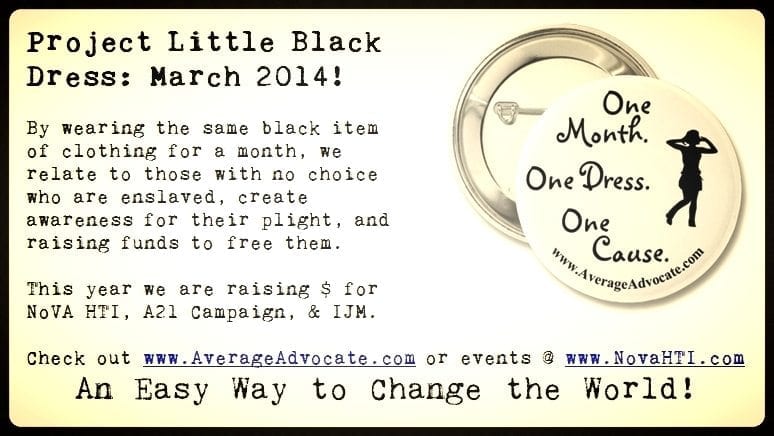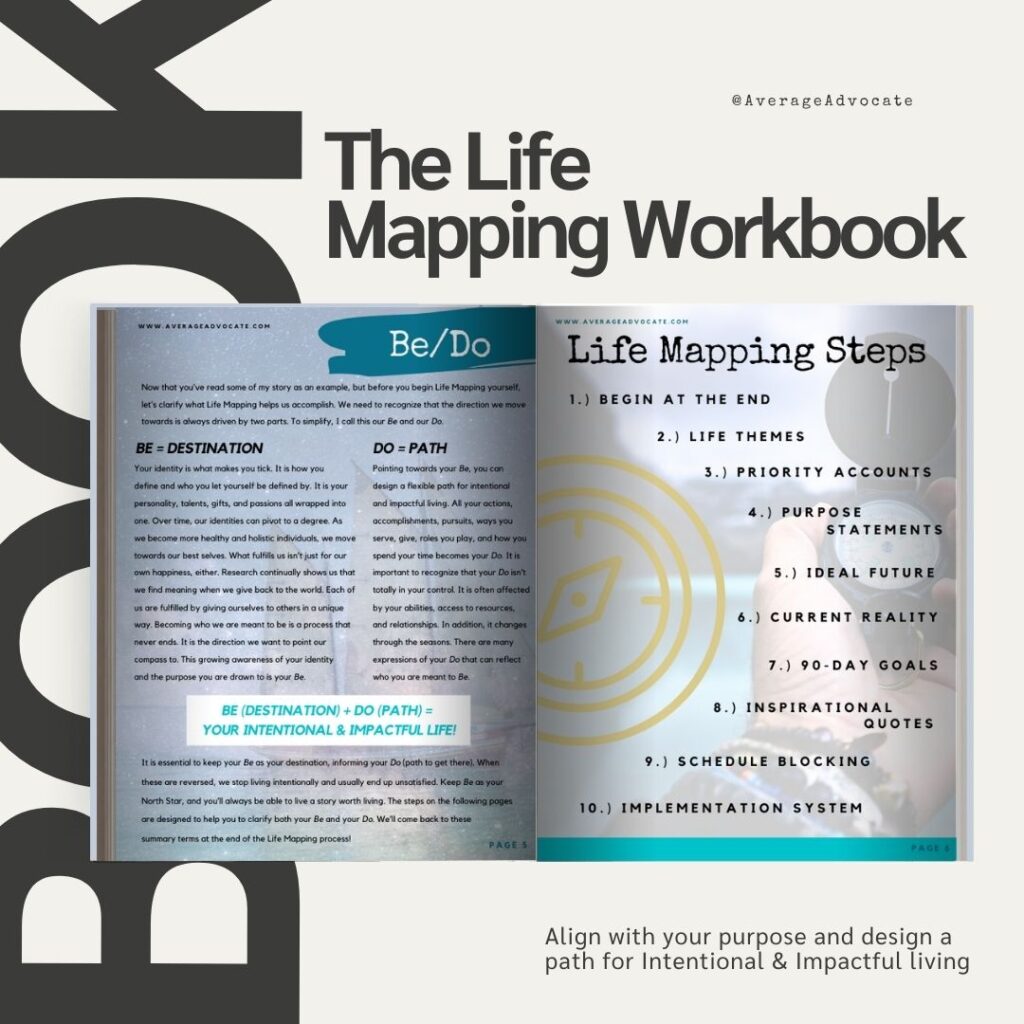There are five mistakes activists make. And five mistakes christian social justice people make. Then there are the same five mistakes anti-human trafficking advocates make.
Or we can use the original topic- those who are interested in global missions and the five mistakes they make. These five mistakes are mostly plagiarized from this longer article by Shane Bennett, Ten Mistakes Mission-focused People Make (Plus Four Bonus Mistakes!) in Mission’s Catalyst. Everything in italics and purple below is not my own.
So here are those five mistakes:
1. Talking as if my thing is the only thing.
This makes me crazy, probably because I want my thing to be the only thing! But you’ve seen this, haven’t you? A missiony person describes their work or ministry in terms that make it clear God has given up on alternatives. Their thing is it! Oh, God may have done other things in the past, but, well, that’s the past. This goes for Muslims, human trafficking, international students, water, orphanages, schools, youth, Europe, Asia, the whole of mighty Africa, and the persecuted church. To do this is to catch a fish and kill the pond.
Good news: It only takes a couple lines of text or a couple sentences in a talk to communicate that your thing is a good one on a table full of good ones.
2. Measuring spirituality in terms of passion for my thing.
The tag-along younger sibling to “My thing is the only thing” is the sometimes subtle, often overt, implication that the non-missiony person’s spiritual maturity can be gauged by their passion for the thing I’m promoting.
I’ve gone through a lot of phases of advocacy in my life. Currently spend my time creating awareness for human trafficking, mostly because I direct NoVA Human Trafficking Initiative. I didn’t even want to work for NoVA HTI at first because trafficking was one of MANY things I cared about, and I wasn’t sure I wanted to invest all my time in that cause specifically. In a few years, my time might be advocating for something totally different.
My point is that most people don’t have the time to become actively passionate about everything close to God’s heart, let alone discover it. Ask yourself what your best friend, or doctor, or pastor, worship leader, or your kid’s class leader is passionate about. Have you ever asked why they do what they do? Do you care about what they care about as much as they do? How would you feel if the leader of a prayer group looked down on you because you didn’t spend hours a day interceding for others like they do?
When we are actively passionate we have an opportunity to lead people closer to God’s heart on that particular subject. There are many people who I realize are more spiritually mature than me whom I’ve had the opportunity to introduce to advocacy for the poor or oppressed. Having a vision for a smidgen of God’s heart doesn’t equal all-around spiritually maturity.
So stop comparing yourself. Be intentional about sharing, but don’t fool yourself to think your better. Trust me, I’ve done this a lot (usually subconsciously) and I regret it. Self-righteousness is a beast.
3. Playing “the God card.”
“God told me…” “I feel like God would have us…” “God just doesn’t seem to be blessing…”
It is so important to hear and follow the voice of God. It’s also so easy to use the concept to try to get your own way!
One of my best friends points this out often. I used to claim I wanted to do missions work for God. Eventually, I recognized I am just a travel junkie who loves international cultures. In that, I could do international missions because that is what God calls us to do. That’s great and maybe mission trips or living overseas is a great natural step for me in following Jesus. But that doesn’t mean God said “Let there be light and darkness. Let there be land and sea. And let Elisa be a missionary.”
So take the time to recognize your wants in the matter before you start spouting off “God said”. When you are just using spiritual fluff as a facade over your wants, take down the front. Just be aware and be honest with yourself.
I do believe God guides and directs us as we submit our desires to Him. If you feel like God is leading you, I’ve discovered communicating with different wording helps. Saying “God told me to…” instead of being helpful, thereby glorifying the God who is alive, can be viewed presumptuously. You don’t want to push people away from God. It is a fine line to make sure God is more famous by sharing your story and being presumptuous.
Saying something like “it seems to me God might be directing me to…” I’ve think God is affirming to me that…” can help this.
4. Passing on undocumented statistics.
And this? Take ten minutes to Snopes it, Google it, or email a smart friend. Accuracy is worth the effort. Check out this blog post by my friend Sara, founder of Richmond Justice Initiative, about sensationalizing the human trafficking movement to get more helpful tips!
5. Speaking in jargon.
I happen to love our jargon. “The 10-40 Window” “Unengaged Muslim Peoples” “Contextualization” are rich words for me, often with pleasant associations to people or places I love. No, really, it’s true. Of course, we’ve got nothing on theology students (Think: supralapsarianism!), but we can cause normal people to glaze over in a jiffy with our jargon.
Let’s do the hard work to speak in a language our audience can understand without consulting the Perspectives book glossary or simply feeling dumb. You know, contextualize our message to the recipients.
Or for example, I would say the majority of people don’t even know what human trafficking means. Modern slavery, extreme poverty, the South, and syncretism are a few other pieces of jargon that come to mind.
———–
Which of the 5 mistakes have you made?
Which one are you going to be intentional about not re-making?












Trackbacks/Pingbacks